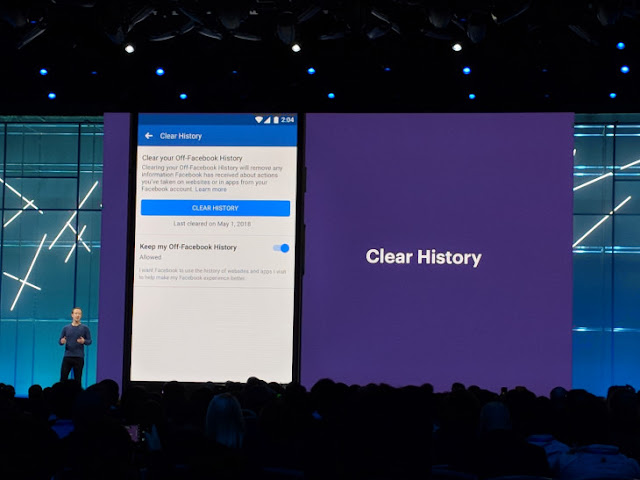Visually,
Orbia is beautiful. The game carries a fairly minimalistic aesthetic due to the
softly colored backgrounds with serene landscapes and scenery. The targets
you’re dashing towards are simple circular outlines, sometimes with power-ups
inside. Your character, a cute white fuzzball with glowing eyes, along with the
enemies (dark evil versions of you in various sizes) are rendered in 2D and
pack in a lot of personality in small packages.
There are various skins that you can come across as you play,
which change your character’s appearance and grants special abilities, and they
all look unique and distinctive from each other. Animations are smooth and
fluid, so there is no issue of lag or choppiness on my iPhone 8 Plus. Orbia
also has a soothing and ambient atmospheric soundtrack that is immersive, so
it’s delightful to listen to as you play.
Even though the end goal is to get as far as you can in the
game, there are still levels, and you can jump back to any completed level if
you wish. Orbia features four different worlds with their own scenery and
baddies to watch out for. On top of that, there are a ton of stages in each
world to complete (the first one has 400 alone), so it should be enough to keep
you busy for a while.
Other chapters can be unlocked by spending crystals
(in-game currency) or meeting other requirements, such as liking their Facebook
page.
The goal in Orbia is to get as far as you can, and to complete
each stage, just dash to each target unscathed until you get to the next level.
Easy, right? Like plenty of other games, Orbia sounds easier than it looks.
To dash, all you need to do is tap anywhere on the screen. You
don’t have to worry about tapping on your target, since it would obstruct your
view of obstacles. This one-touch control scheme lets you play the game with
just one hand, so it’s great to play anywhere. However, there are bad fuzzballs
surrounding each target, and you must time your dashes right so you don’t touch
them, because otherwise, it’s game over.
The game starts out easy enough, but things get trickier as you
go. You’ll encounter multiple orbiting layers of bad fuzzies, and they rotate
at different speeds. Or there are large ones that are harder to avoid, rotating
belts of them, and more. It’s all about timing here, so just look for the
opening and take it.
Sometimes you’ll find power-ups in the targets that help you out
in the long run. Things like shields protect you from a hit automatically, so you
survive a bit longer. Other items let you dash faster, making it easier to get
through tight openings. These boosts get activated when they’re needed, so you
don’t have to think about additional controls besides dashing. They also pop up
fairly frequently, so you may get a few items before a run ends.
Orbia also rewards players who are able to consecutively dash to
targets without pausing. When this happens, you get a speed boost, and more
crystals are awarded to you. Plus, it’s fun to see how quickly you can complete
a stage just for kicks.
As mentioned earlier, there are skins to unlock for your
character, which add not only a dash of color, but grant you special talents
too. For example, you can get faster dash speed, change your size, increase the
time for bonus items, and more. Each skin is locked to the area that you find
it in though, and more can be found on select stages. There are a ton of skins
to discover and unlock, so it adds to the replay value.
Since Orbia is a free game, there are occasional banner and
video ads. However, they don’t necessarily get in the way, but could still
annoy some people. Fortunately, there is an in-app purchase to get rid of ads
if you so choose. Additionally, some skins are locked behind in-app purchases,
and they also have pretty good bonuses as well as getting rid of ads too.
However, some of the prices for these are pretty high, which I didn’t like.










No comments:
Post a Comment